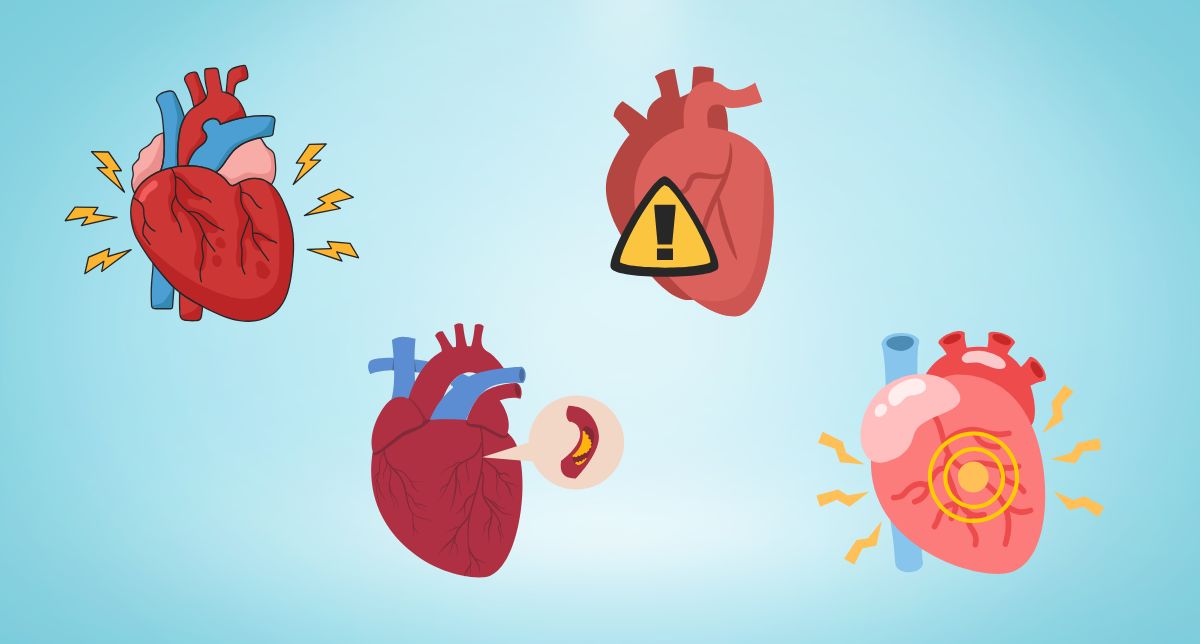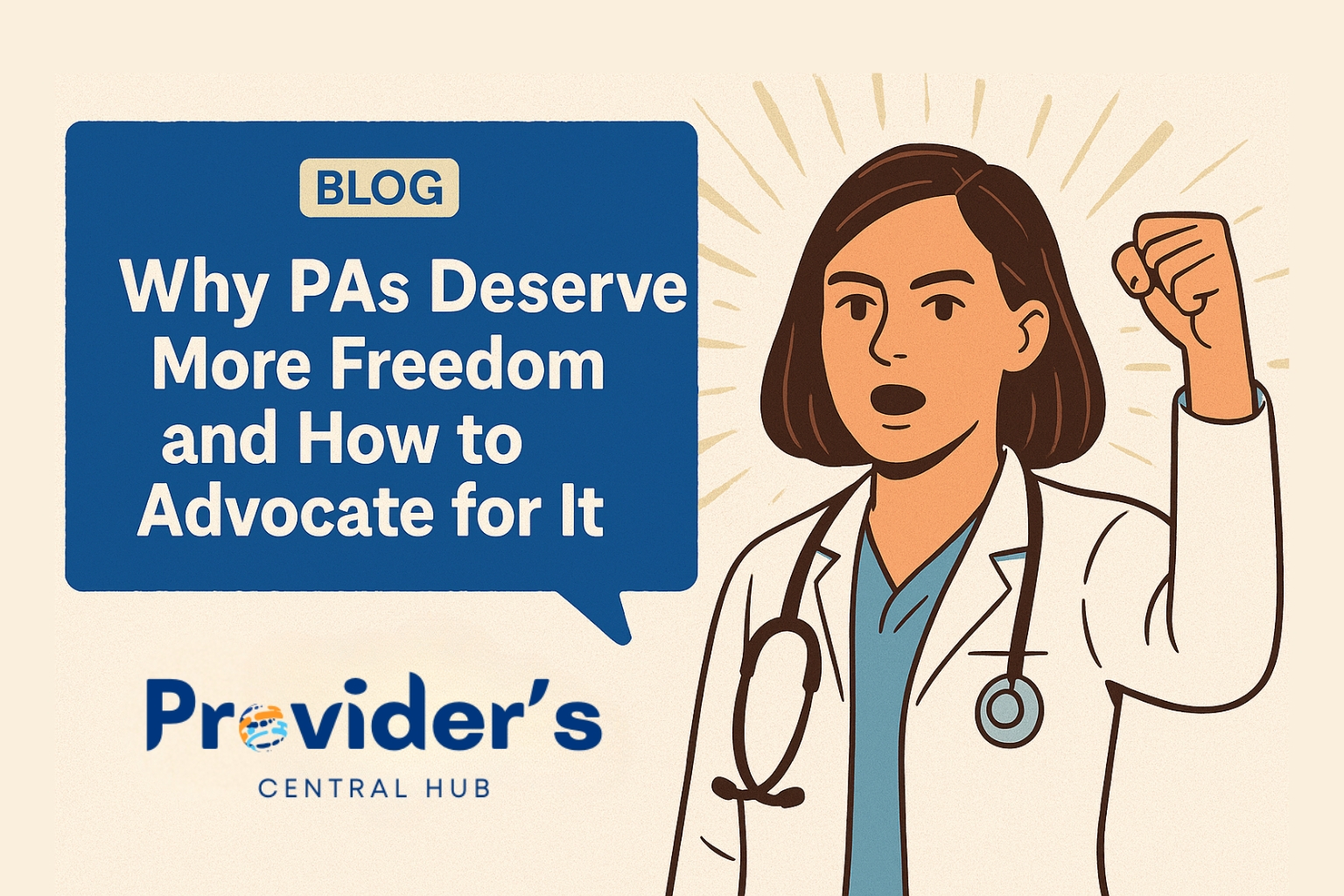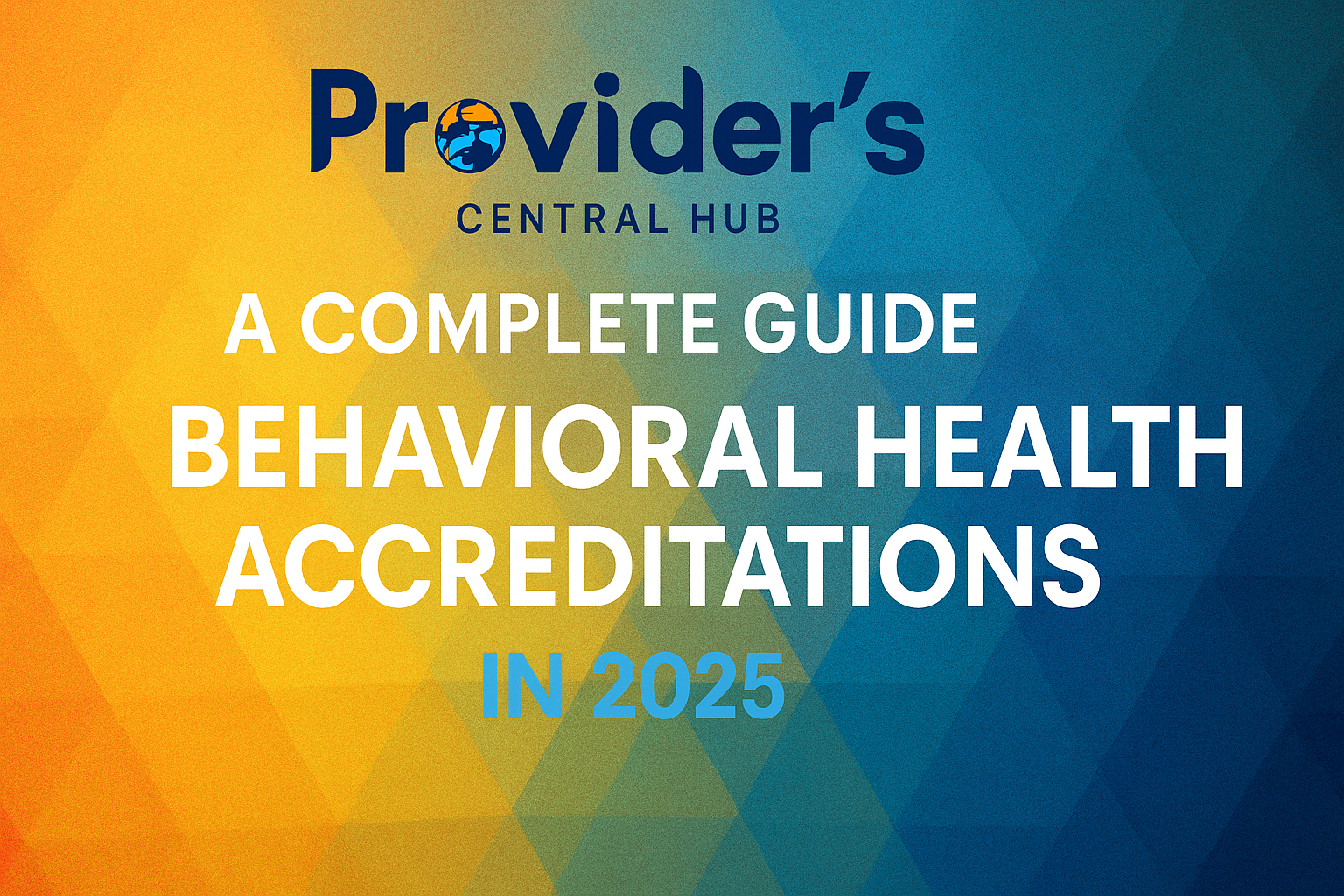Introduction
Cardiogenic shock is a critical medical condition characterized by the heart’s inability to pump sufficient blood to fulfil the body’s requirements. This results in inadequate oxygen delivery to the tissues, potentially leading to multiple organ failure. Typically, it arises from a myocardial infarction, but it can also be triggered by severe heart valve issues, weakened heart muscles (cardiomyopathy), or life-threatening arrhythmias.
Types of Shock
To understand cardiogenic shock, it’s helpful to know the different kinds of shock:
1. Hypovolemic Shock:
– Caused by major fluid or blood loss (e.g., severe bleeding or dehydration).
– Leads to low blood volume and reduced cardiac output.
2. Distributive Shock:
– Includes septic, anaphylactic, and neurogenic shock.
– Happens when blood vessels widen too much, reducing blood pressure.
3. Obstructive Shock:
– Results from blockages in blood flow (e.g., pulmonary embolism, cardiac tamponade).
4. Cardiogenic Shock:
– Occurs when the heart itself can’t pump effectively, despite normal blood volume.
Conditions That Mimic Cardiogenic Shock
Some conditions look like cardiogenic shock but have different causes:
1. Septic Shock:
– Caused by severe infections.
– Unlike cardiogenic shock, septic shock often presents with warm skin.
2. Hypovolemic Shock:
– Both share symptoms like low blood pressure, but hypovolemic shock is due to fluid loss.
3. Obstructive Shock:
– Can mimic cardiogenic shock but is due to physical barriers to blood flow.
– Echocardiograms help differentiate the two.
Initial Emergency Management
In emergencies, the goal is to stabilize the patient and treat the cause:
1. Airway and Breathing:
– Ensure the patient has enough oxygen using a mask or ventilator if needed.
– Regularly check oxygen levels and blood gases.
2. Blood Pressure Support:
– Use medications like norepinephrine to raise blood pressure.
– Give inotropes like dobutamine to improve heart pumping.
3. Fluids:
– Carefully give fluids if needed, but avoid overloading as it may worsen heart failure.
4. Tests and Diagnosis:
– ECG to check for heart attacks or rhythm problems.
– Echocardiograms to evaluate heart function.
– Blood tests, including cardiac enzymes and lactate levels.
5. Revascularization:
– If a myocardial infarction is causing the shock, immediate procedures like angioplasty or clot-busting drugs are critical.
Long-Term Care
After the acute phase, long-term management focuses on preventing future episodes and improving heart function:
1. Medications:
– ACE inhibitors or ARBs to lower blood pressure and ease heart strain.
– Beta-blockers once the patient is stable.
– Antiplatelet drugs and blood thinners for patients after a heart attack.
2. Cardiac Rehab:
– A supervised program that helps patients recover and build strength.
3. Devices:
– Some patients may need devices like defibrillators to prevent dangerous arrhythmias.
– Advanced cases may require left ventricular assist devices (LVADs) or even heart transplants.
4. Lifestyle Changes
– Low-sodium diets and regular, light exercise.
– Stopping smoking and managing conditions like diabetes and high blood pressure.
5. Follow-Up:
– Regular visits to the cardiologist and routine tests to monitor heart health.
Conclusion
Cardiogenic shock is a medical emergency that needs quick recognition and treatment. By stabilizing the patient, identifying the cause, and providing appropriate care, outcomes can improve significantly. A combination of medications, lifestyle changes, and close follow-up is essential for long-term recovery.




